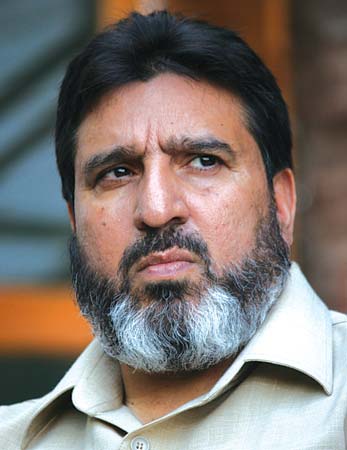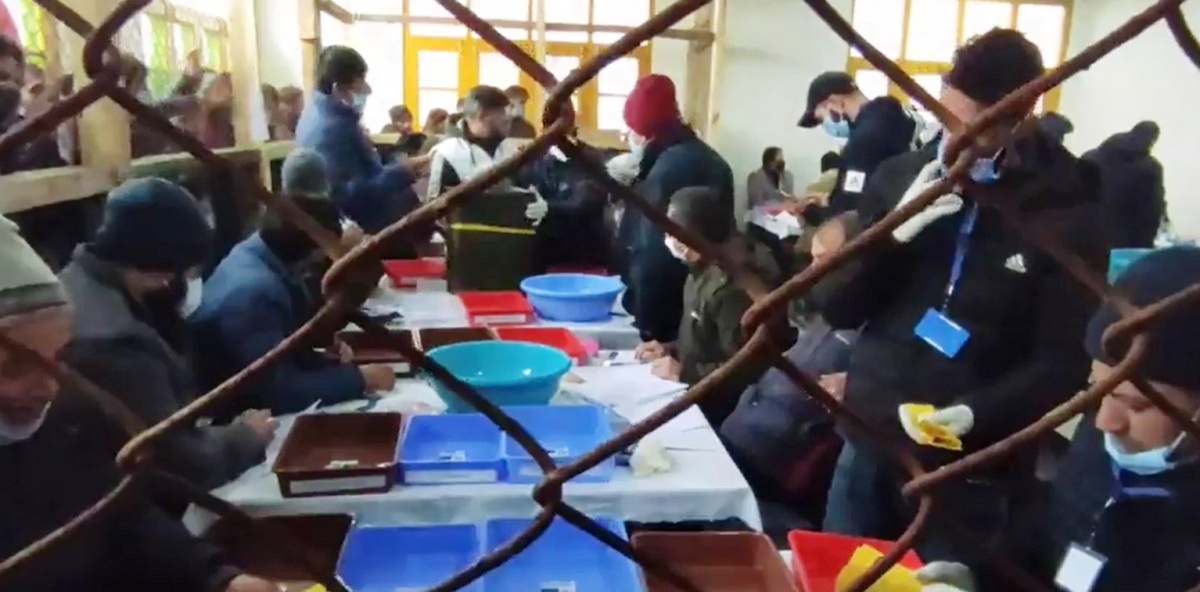SRINAGAR: The Jammu and Kashmir High Court has clarified that being recognized as a Sikh person does not require having “Singh” or “Kour” as surnames, addressing a petition challenging District Gurudwara Prabandhak Committee elections in Akhnoor, where non-Sikh voters were added to the rolls without these surnames.
The petitioner, dissatisfied with the statutory appellate authority’s decision, sought relief from the High Court. At the outset, Justice Wasim Sadiq Nargal referred to J&K Sikh Gurudwara & Religious Endowment Act, 1973 and observed, “The contention of the petitioner, which has been raised by the appellant/petitioner herein before the appellate authority, is contrary to the definition laid down in the Act of 1973, which is not acceptable and the same cannot be sustainable in the eyes of law.
There are many people, who do not have “Sikh or Kour” as their Surnames, but still they are recognized as Sikh, as they preach Sikhism”.
The petitioner, who contested the DGPC election in Akhnoor, challenged the results, citing concerns about non-Sikhs on the electoral roll based on the absence of “Singh” or “Kour” in their surnames. He argued this violated the Jammu and Kashmir Sikh Gurudwara and Religious Endowment Rules, 1975, defining a Sikh by belief in the ten Gurus, Guru Granth Sahib, and keeping Keshas (long hair).
The bench, after examining the rules and contentions, upheld the appellate authority’s decision, stating the petitioner’s claims contradicted the definitions in Sections 2(e) and 2(f) of the Act of 1973. Rejecting the argument that “Singh and Kour” surnames were mandatory for Sikh recognition, the bench deemed such a contention inconsistent with legal definitions.
“There are many people, who do not have “Sikh or Kour ” their Surnames, but still they are recognized as Sikh, as they preach Sikhism. This aspect of the matter has gone into detail by the appellate authority and this Court concur with the finding recorded by the appellate authority and do not find any legal infirmity with the same”, Justice Nargal recorded.
The court further noted that the petitioner had not raised any objections regarding the electoral roll during the designated period for claims and objections. It observed that raising such issues at a later stage, after participating in the entire election process was not permissible.
“This is a peculiar case, where the appellant having failed to avail the opportunity of filing of claims and objections during the notified period and taking a chance to participate in the election and subsequently having failed, has turned around by filing the instant petition on false and flimsy grounds without any basis”, said the court.
Accordingly, the court upheld the order of the appellate authority, dismissing the appeal as devoid of merit and substance.(Live Law)















